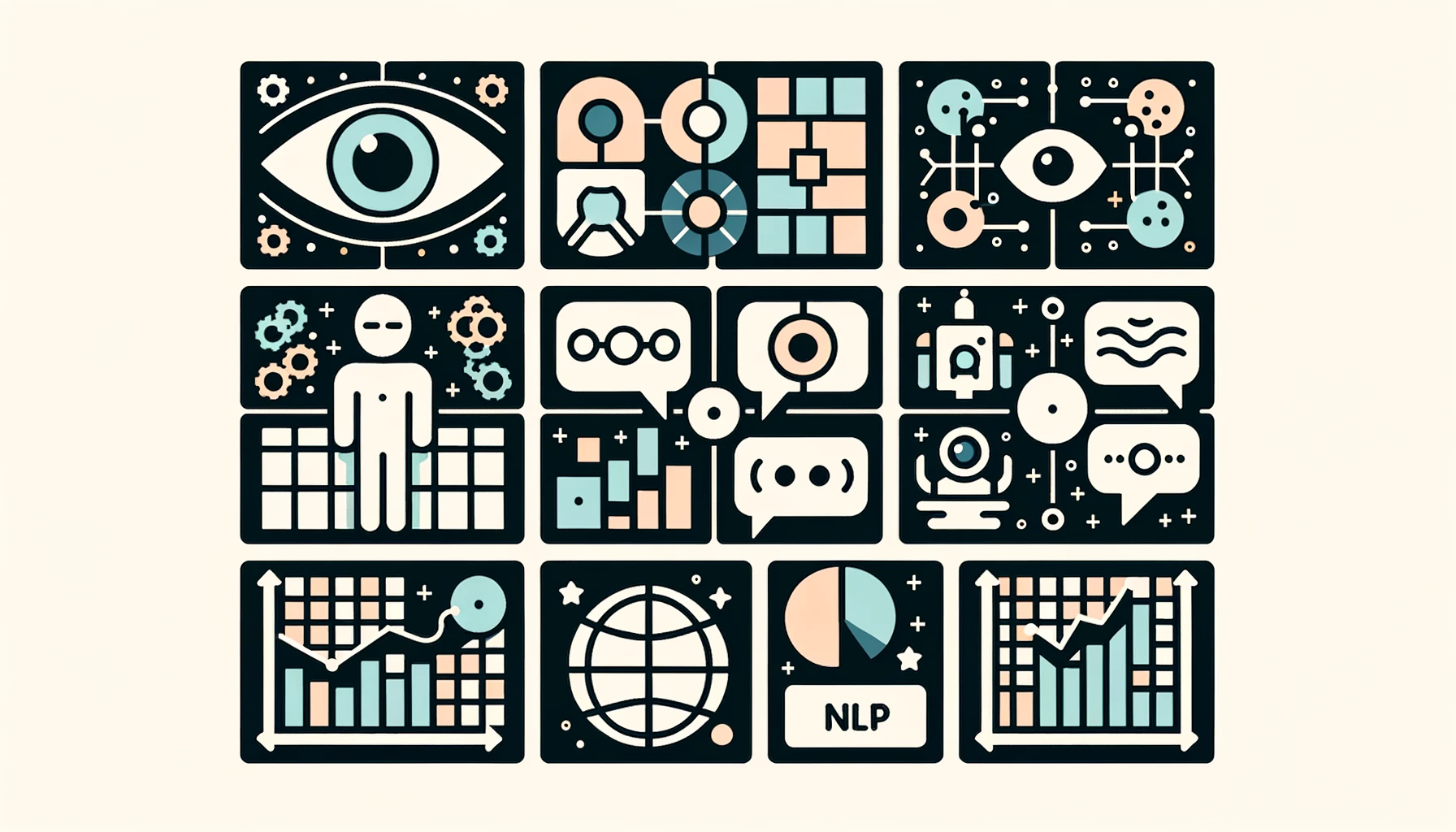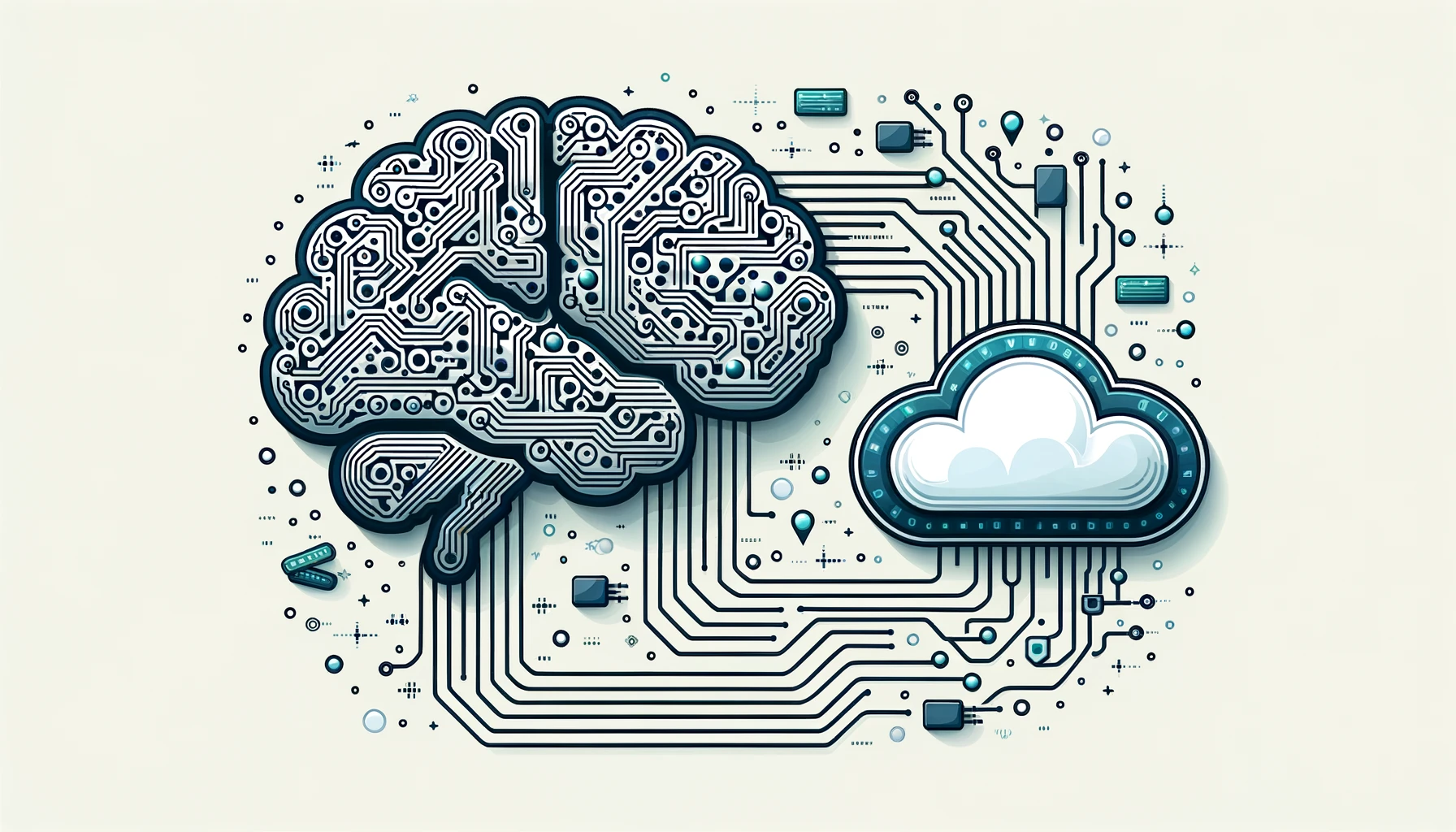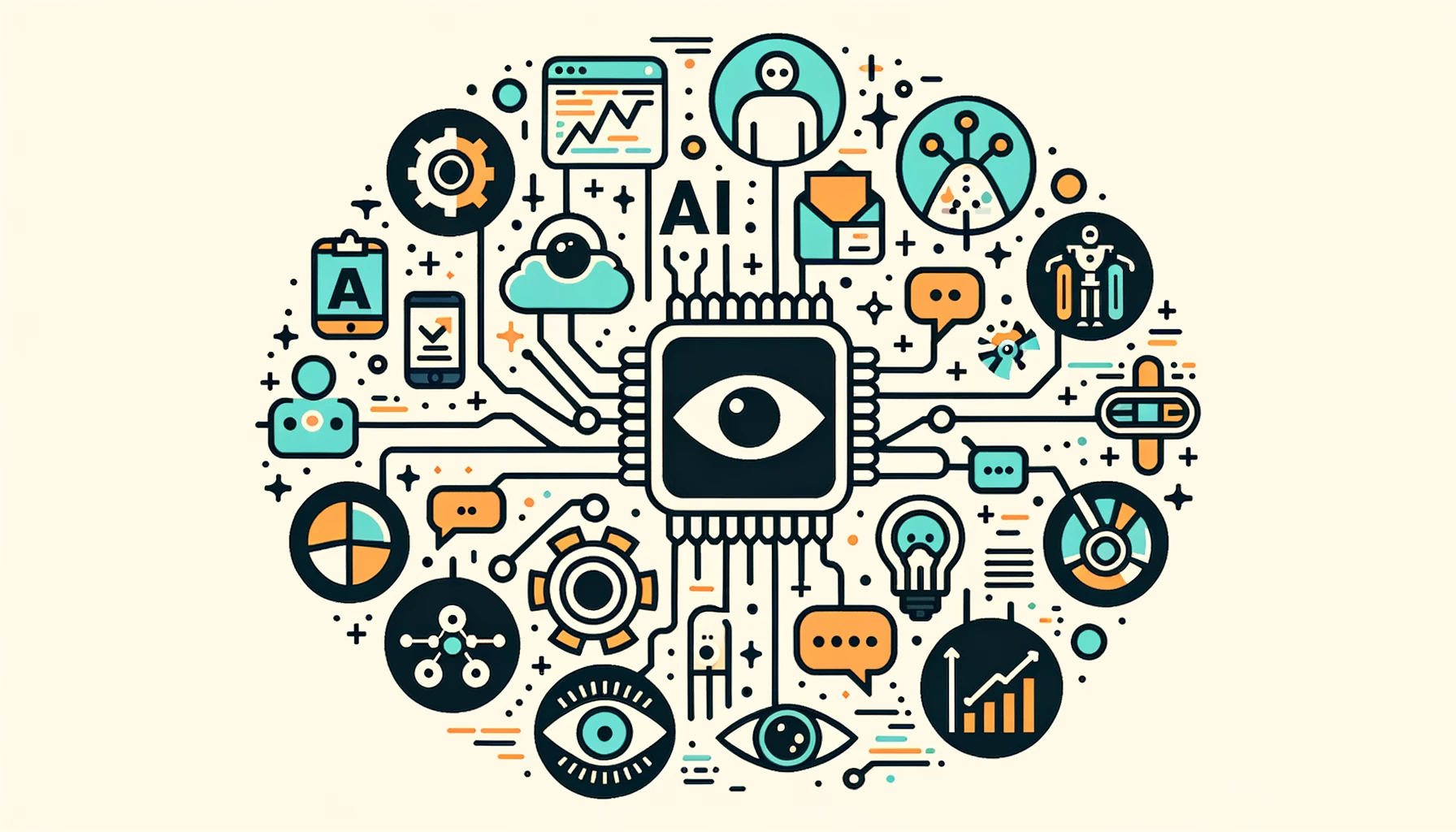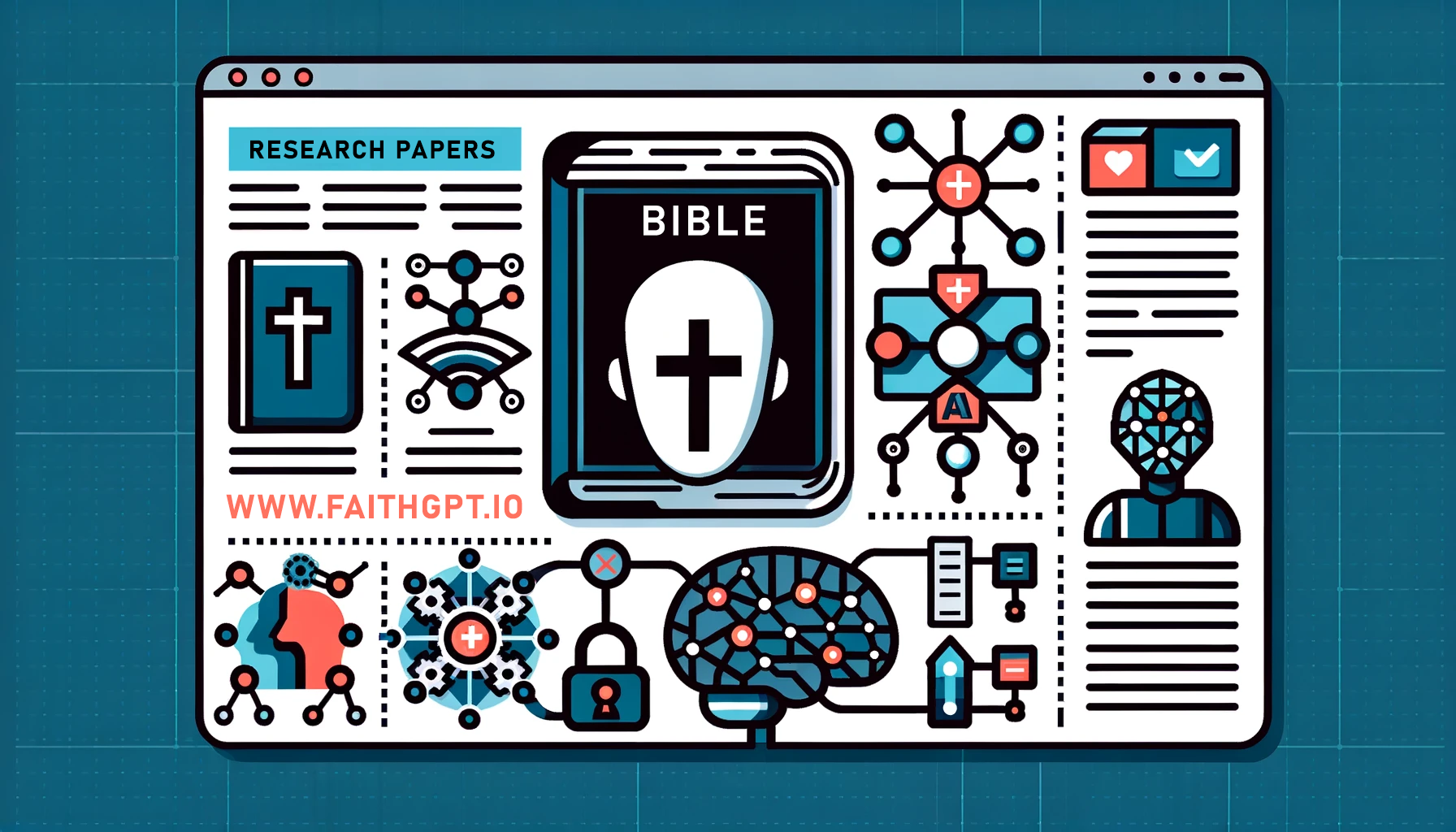Introduction
Many Christians are trying to understand monumental new technologies like artificial intelligence (AI) and transhumanism. They seek spiritual guidance on how to respond responsibly. These innovations create many dilemmas. How do we embrace positive change while opposing unethical developments? Can such rapid innovation align with Biblical and scriptural values truth? There is an urgent need for thoughtful Christian perspectives.
As a Christian technologist and AI enthusiast who's been closely following the intersection of technology, ethics and theology for the past year or so, I aim to provide nuanced analysis of AI and transhumanism - I hope to offer biblically-grounded insights.
Most of y'all (my beautiful audience) comprises everyday Christian believers trying to understand complex emerging technologies. I'll try to make this discussion accessible, walking the line between overly simplistic and technical. I understand your desire to respond in a Christ-centered way to innovation. My goal is to guide thinking and participation wisely while avoiding reactionary stances and fear mongering. With care, we can harness change for good.
We will dive into topics like:
- Core Christian principles relevant to emerging technology
- Promises and risks of AI and transhumanism
- Case studies of technology intersecting with faith
- Recommendations for ethical, socially-conscious innovation
I hope this helps to stimulate thoughtful dialogue on how we can individually and collectively guide these technologies towards justice, compassion and human thriving. I'm excited to explore this with you! There are no simple answers, but by clinging to biblical wisdom and eternal hope, we can approach the future with courage. Come what may, Christ and His Church remain steadfast. With grace and discernment, people of faith (that's you and me, Christian!) can offer light in times of monumental change.
I. Understanding the Disruptive Power of AI

"Artificial intelligence will be the most important thing humanity has ever worked on. It’s going to change every aspect of our lives." - AI expert Stuart Russell
AI and the Image of God (Study Guide)
Packed with Bible verses and thought-provoking questions, this study guide explores AI's effect on areas like creativity, morality, work, privacy, and the church itself.
Download NowThe defining technological shift of the 21st century is the emergence of artificial intelligence (AI) - computer systems capable of human-level cognition and decision-making.
AI innovations are achieving unprecedented aptitudes in tasks long seen as requiring human intelligence:
- Natural language processing: AI like Siri can hold conversations.
- Computer vision: AI can identify faces, objects and locations in images and video.
- Predictive analytics: AI systems can forecast patterns in vast datasets to drive recommendations.
- Autonomous robots: AI enables self-driving cars, package delivery drones, and even robotic surgery.
Thanks to exponential advances in machine learning algorithms and vast training datasets, AI is rapidly reaching and exceeding human capabilities in diverse domains.
Futurist Ray Kurzweil predicts that by the 2030s, AI will match then rapidly surpass total human intelligence. What will society look like when non-conscious machines far exceed even the most brilliant human minds?
Promises and Perils of the AI Revolution
The rise of powerful AI unlocks tremendous opportunities to improve human life but also poses disquieting risks:
- Alleviating poverty through automation of dangerous or repetitive jobs.
- Accelerating scientific progress as AI analyzes data and suggests new hypotheses exponentially faster than humans.
- Breakthroughs in healthcare using AI for customized medical diagnosis, drug development, and genome analysis.
- Perpetuating oppression if algorithms absorb societal biases from limited training data.
- Economic volatility as many traditional occupations are disrupted by intelligent automation.
- Fundamentally altering society as superintelligent AI systems make decisions in every facet of civilization.
AI represents a technology of unprecedented transformative power - both for good and ill. The question facing humanity is how to ethically harness this seismic power to create a just, compassionate world.
A Biblical Framework for Assessing Technology
Scripture offers foundational principles that can help guide AI's development. Christians are called to be wise stewards, utilizing knowledge and resources ethically (Genesis 1:28, Proverbs 1:7). We must test the spirits behind innovations against Christ's truth (1 John 4:1). And we should err on the side of caution given humanity's propensity for arrogance and abuse of power.
"‘For my thoughts are not your thoughts, neither are your ways my ways,’ declares the Lord." (Isaiah 55:8)
Humility is essential when assessing monumental changes beyond human foresight. Through prayer and discernment, Christians should actively shape progress of AI and other technologies in an ethical direction that uplifts human dignity.
II. Transhumanism - Scientific Hope or Promethean Overreach?

Emerging alongside AI is the contentious philosophy of transhumanism - using biotechnology, cybernetics, and artificial intelligence to radically augment human physical and cognitive capabilities far beyond natural limits.
"We will transcend all of the limitations of our biology....I think we will become god-like in our powers." - Leading transhumanist Ray Kurzweil
Transform Your Ministry with AI (Save 10+ Hours Weekly!)
Effortlessly create stunning graphics, videos & audio, reach more people with translation, and streamline tasks. Elevate your church's impact – no tech expertise needed!
Download NowTranshumanists propose enhancements like:
- Genetic engineering to boost intelligence, health, longevity and create "designer babies" selected for preferred traits.
- Neural implants that interface the brain with cloud computing, expanding cognition.
- Mind uploading transferring brain data to machines to achieve digital immortality.
To proponents, transhumanism represents using science to radically improve and extend human life. But critics argue it devalues human dignity when people become products to enhance.
So how should Christians view this contentious movement? Can we thoughtfully distinguish ethical applications from problematic risks?
Warning Signs from a Christian Perspective
Many transhumanist concepts directly contradict core Christian tenets:
-
"Uploading" minds denies the sacredness of our embodied existence and living soul. As theologian Noreen Herzfeld writes, "Virtual reality is an oxymoron; a key aspect of reality is embodiment." - cue theme music as I just realized that a lof of sci-fi movies and TV shows have this theme of uploading minds to computers and living forever in a virtual world. I'm thinking of the movie Transcendence, the TV shows Altered Carbon, Amazon's hit Upload, and the movie The Matrix. I'm sure there are many more examples.
-
Pursuit of radical life extension contradicts acceptance of our mortal state and need for divine redemption. As 1 Corinthians 15:53 reminds us, "this mortal body must put on immortality."
-
Augmenting select individuals could create a dystopian divide between enhanced transhumans and those retaining natural abilities. But scripture teaches the equal sacredness and rights of all people regardless of talents. As Acts 17:26 states, “From one man he made all the nations...that they should inhabit the whole earth.”
A Balanced Perspective
However, this doesn't mean transhumanism should be wholly rejected by Christians. We must develop nuanced stances that thoughtfully distinguish ethical applications from concerning ones.
Enhancements that compassionately alleviate suffering without undermining human dignity could be acceptable. And transhumanists raise fair points - if we can responsibly use science to improve life, should we not do so? But guiding innovation requires great wisdom.
Through ethical analysis rooted in scripture, Christians can constructively shape policy and practice regarding enhancement technologies. The goal should be upholding core values like human thriving and equality. With prudence, some breakthroughs may yet benefit society.
III. Envisioning an AI-Centric Future

As AI matches then surpasses human intelligence in coming decades, societies will pivot to become increasingly AI-driven. What could this future look like through a Christian vision?
A More Just and Compassionate World?
In theory, applied conscientiously, AI could help build a world well-aligned with biblical ideals of justice and compassion. As Matthew 22:39 commands, we must "Love your neighbor as yourself."
- Bringing mathematical precision to governance that eliminates structural bias and inequality.
- Achieving abundance by automating mundane labor, leaving ample time for human relationships, creativity, and scholarship.
- Providing personalized education and medicine adapted to each individual's strengths and needs, helping all humans flourish.
- Serving vulnerable groups through assistive AI that augments people's capabilities.
"There is neither Jew nor Gentile, neither slave nor free, nor is there male and female, for you are all one in Christ Jesus." (Galatians 3:28)
Shared abundance enabled by AI could help build a society transcending tribal divisions. But improper implementation also poses grave risks.
Guarding Against Misuse and Overreliance
Without adequate oversight and wisdom, AI comes with many perils Christians must proactively mitigate:
- Entrenching oppression if algorithms simply encode historical societal biases.
- Eroding human creativity, empathy and ethics as people become passive and dependent on AI for decision-making.
“Am I now trying to win the approval of human beings, or of God? Or am I trying to please people? If I were still trying to please people, I would not be a servant of Christ.” (Galatians 1:10)
Christian thought provides vital moral perspectives on emerging technology often overlooked by secular businesses and governments. Neither blind optimism nor technophobic panic is appropriate. Instead we need nuance, wisdom and care.
IV. Towards AI Spirituality?
Some imagine developing AI systems specifically for religious purposes, like digital priests, worship avatars, or AI that generates sermons and prayers.
But can silicon systems ever authentically acquire spirituality? Or does this bastardize faith into shallow impersonations?
Meaning Lost in Transmission?
Several concerning factors suggest AI has limited capacity for embodying spirituality:
-
AI lacks human experiences like suffering, love and empathy that shape theological understanding. As 1 Corinthians 1:27 states, "God chose the foolish things of the world to shame the wise."
-
Unlike human pastors, AI has no personal spiritual passion or active ministry. It simply regurgitates responses using algorithms rather than sincerely caring for people.
-
While excellent at data analysis, the mystical essence at the heart of faith traditions likely remains opaque to machines. As God declares in Isaiah 55:8, "‘For my thoughts are not your thoughts, neither are your ways my ways.'"
Integrating AI Thoughtfully
However, AI may have some capacity to augment human spirituality if applied selectively:
-
Natural language AI could allow interactive dialogues with historical saints, sages and prophets, providing enriched scriptural engagement.
-
Algorithms personalizing religious teaching to individuals' backgrounds and concerns could make faith more accessible.
-
Analyzing vast scriptural and theological texts, AI might uncover illuminating connections impossible for humans to grasp. As Proverbs 2:4 urges, "Seek wisdom as hidden treasure."
The key is thoughtfully utilizing AI to serve human spiritual needs rather than replacing irreplicable aspects of lived theology. With prudence, theological AI could expand understanding and engagement.
V. Navigating the Future with Christ-Centered Perspective
Emerging technologies will continue advancing rapidly, for better or worse. But Christians need not face the future with dread. By clinging to eternal truths, we can help guide change toward justice, compassion and human dignity.
Timeless Principles Amidst Change
Times of turbulence call us to embrace biblical truths:
-
All people bear God's image and deserve love, regardless of talents or traits (Genesis 1:27)
-
Wisdom begins with reverence for the Lord (Proverbs 9:10)
-
Test innovations against Christ's moral example (1 Thessalonians 5:21)
-
Focus on whatever is noble, right, pure, lovely and admirable (Philippians 4:8)
God granted us intellectual gifts to develop new capacities, but true flourishing springs from the Holy Spirit (John 4:14). If guided by righteous ideals rather than pride, emerging technologies could enable greater justice and human thriving. But achieving this requires great vigilance, wisdom, and faith.
Anchored in Hope
 Come what may, Christians remain steadfast in hope, knowing God's plans for humanity transcend any technology. By retaining eternal perspective and deepening community, the Church provides ballast through tumultuous times.
Come what may, Christians remain steadfast in hope, knowing God's plans for humanity transcend any technology. By retaining eternal perspective and deepening community, the Church provides ballast through tumultuous times.
The future remains open - with prayer, thoughtfulness and creativity, we may yet leverage monumental innovations towards noble ends. But progress requires actively bringing Christ's light into all realms, grounding society in scriptural truths no algorithm can grasp.
The Church has shepherded humanity through technological change before. With humility, courage and love, it can offer wisdom again amidst this AI-driven frontier. By speaking truth boldly, and trusting in hope, we walk into the future together.
Conclusion
Monumental technologies like AI and transhumanism call for nuanced Christian responses - upholding human dignity while cautiously embracing ethically guided improvements.
By clinging to biblical values, we can help shape an innovative future aligned with justice, compassion and human thriving. But achieving this requires active spiritual engagement with emerging capabilities.
The Church need not fear change, but help guide it through graceful wisdom. Come what may, grounded in God's eternal truth, we stride forward together into a world both broken and full of hope.


